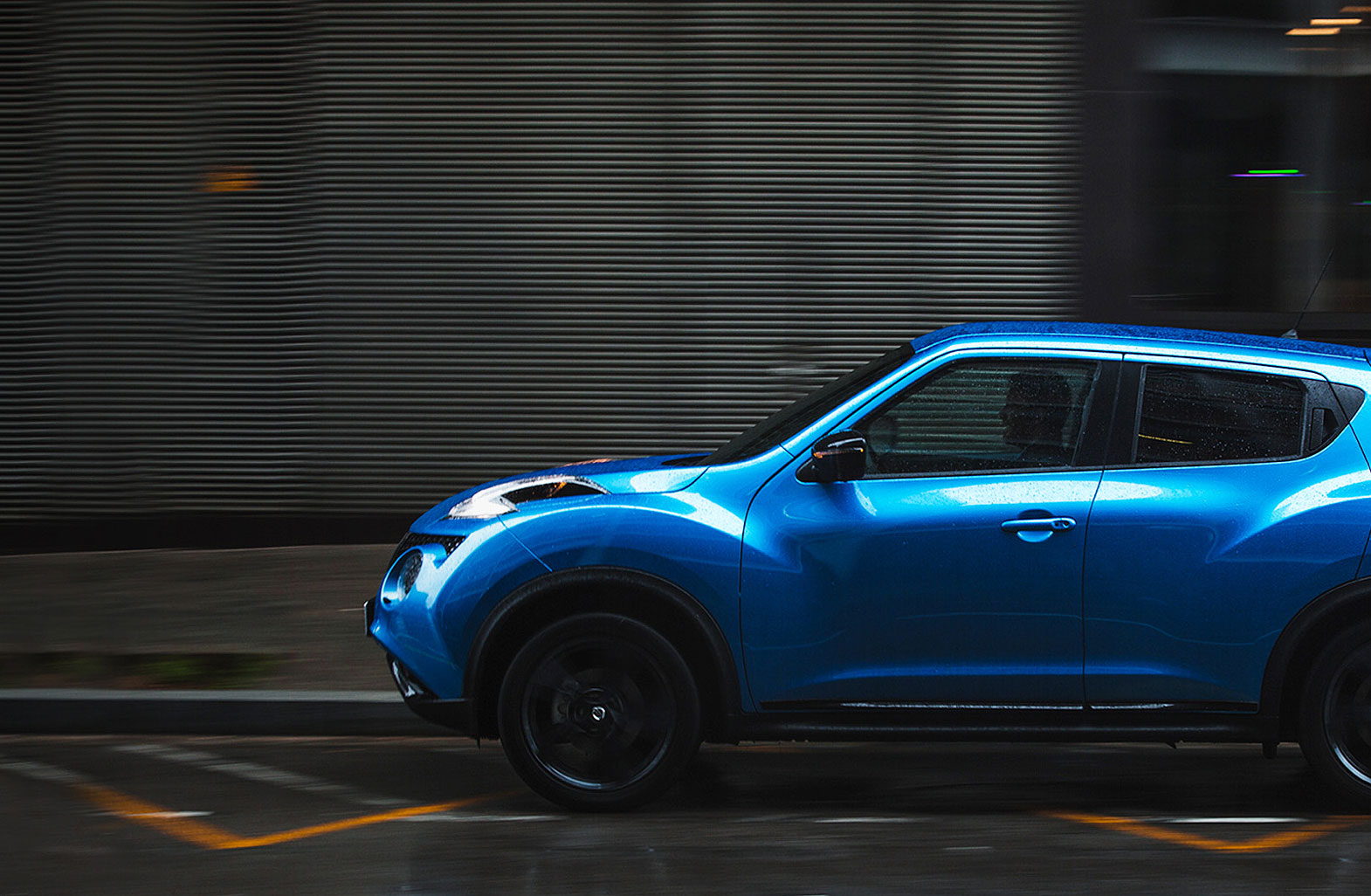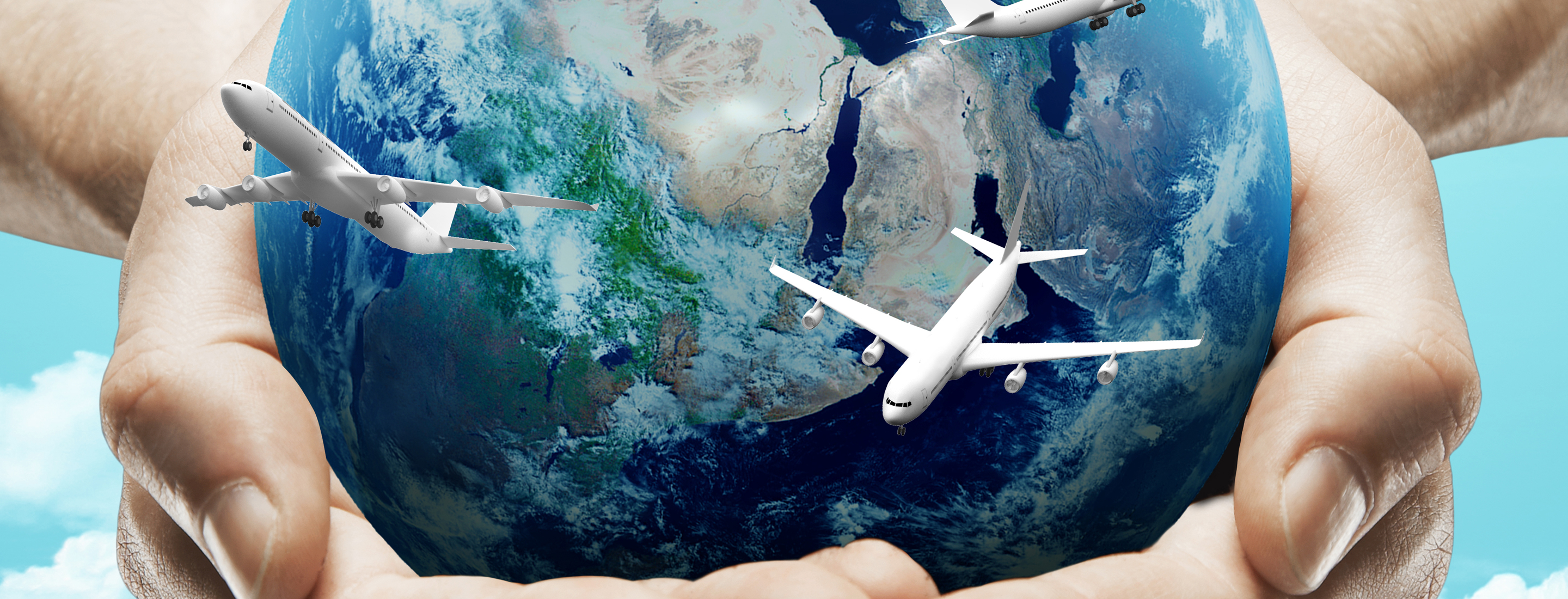This content was created collaboratively by Publicis Sapient and Skift’s branded content studio, SkiftX.
The humanitarian and economic impact of COVID-19 has been unprecedented. While the world waits in shut-down, there is one silver lining to the pandemic: cleaner air, bluer skies, and less pollution.
Prior to COVID, the airline industry was beginning to actively steer into the wind of the sustainability debate. This was for good reason: As the European Union has noted, “If global aviation was a country, it would rank in the top 10 for greenhouse gas emissions.”
Airlines have historically had a mixed relationship with sustainability, given their reliance on fuel and the high cost of fleet upgrades. But heading into 2020 before the pandemic unfolded, the industry began to demonstrate leadership and boldly take action toward improving their carbon emissions. As recently as January 2020, JetBlue was expanding its offsetting programs and had plans to be the first carbon-neutral carrier in the U.S., starting in July 2020. Meanwhile, in February of this year, Delta Air Lines announced that it would commit $1 billion over the next 10 years to become the first carbon neutral airline globally.
Airlines also had begun to bring new aircraft online that reduced their carbon per passenger and increased overall fuel-efficiency. Pre-COVID-19, American Airlines had a relatively young fleet, with an average aircraft age of 11 years, while Delta’s fleet had an average age of 15 years.
The role of plastics in air travel was also gaining critical attention. Etihad Airways pledged to reduce its single-use plastic usage by 80 percent by the end of 2022, while Qantas put a plan in place to eliminate 75 percent of the airline’s waste by the end of 2021.
The discussion around sustainability in travel has been led by the growing influence — and rising income — of millennial and Gen Z travelers, who say this issue is especially important to them. In a recent Air Travel Sustainability survey monkey poll from Publicis Sapient, which was conducted in April 2020, 75 percent of respondents were ages 44 and younger, some 58 percent said they are thinking more about the environment and sustainability than now before the COVID-19 pandemic began.
The New Reality Under COVID-19
The discussion around the airline industry and its impact on climate change has died down as the COVID-19 crisis has brought it to its knees. In mid-April, The International Air Transport Association (IATA) released an updated analysis showing that the COVID-19 crisis will see airline passenger revenues drop by $314 billion in 2020 — a 55 percent decline compared to 2019. As international borders have closed and airlines have grounded their flights, the priorities of airlines have urgently shifted from sustainability to securing funding, protecting jobs, keeping operations running, and exploring their new normal survival strategies.
While the conversation around airlines’ contribution to climate change has quieted, at least for the moment, one benefit of the COVID-19 pandemic has been the dramatic decrease in air pollution and the use of fossil fuels, as fewer people are driving, factories decrease production, and many airlines remain grounded. According to a report from the International Energy Agency, global greenhouse gas emissions are expected to plummet nearly eight percent in 2020 — the largest drop ever recorded. We’re seeing proof in images shared across social media and news stories that show clear skies in Los Angeles, New Delhi, Jakarta, and Milan.








